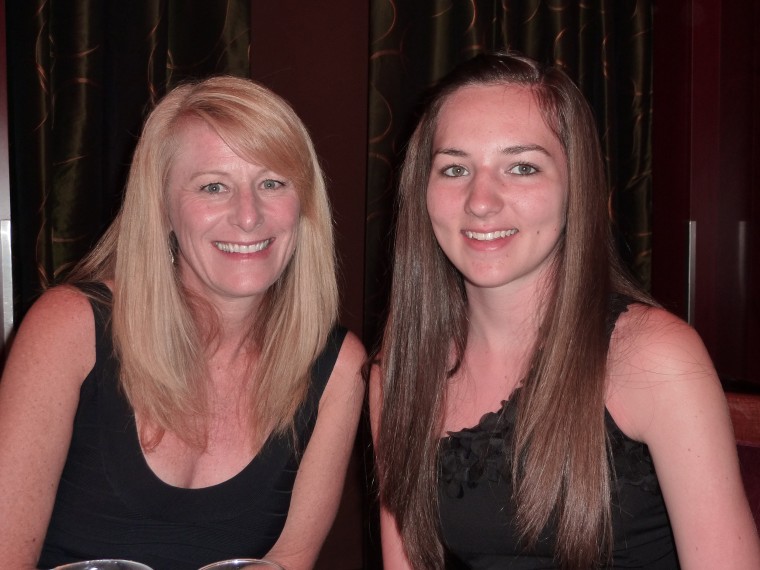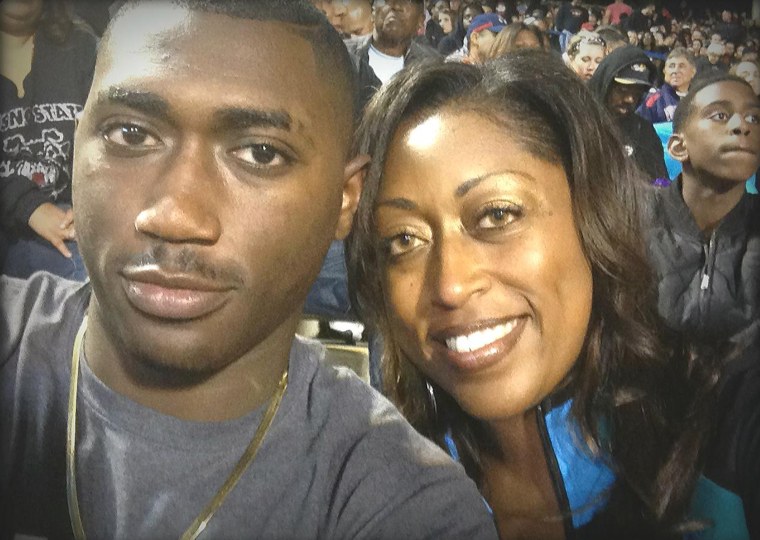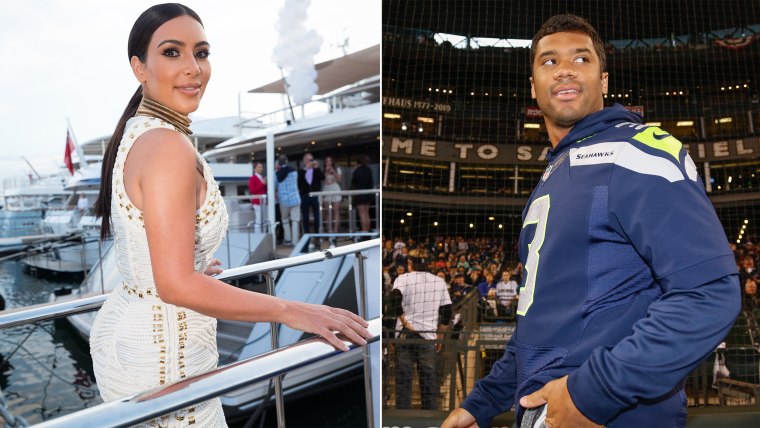Zoe Peterson sometimes watches episodes of "Keeping Up With the Kardashians," the crown jewel of reality television. This viewing habit—even as an occasional snack—concerns her mom, Leisa.
“I worry about her watching people who model certain kinds of behaviors," Leisa says. "Not that she’d necessarily copy them, but that she’d believe in it as a norm.”
Zoe, 16, of Truckee, California, likes the Kardashians' show for its glimpse into their gilded world. But she understands that the family is on the outer edges of real life and doesn't see Kim Kardashian—or any of the other family members—as a pillar of conduct or character, much to her mom's relief.

Pop culture is all about the rich and famous, but teens are perfectly able—and willing—to distinguish celebrity from integrity.
Parents really don’t need to worry about kids modeling themselves after teen idols, says Marilyn Price-Mitchell, a developmental psychologist in Bainbridge Island, Washington. Price-Mitchell has studied the way teen idols and role models impact young people, and she’s encouraged by her findings.
“Teens are not saying to me, ‘Oh, I want to be just like a Kardashian,’” she says. “Those people don’t teach teens about regular people or how to live in society. Role models, teens tell me, are teachers, parents, and neighbors —people who can instruct them about relationships, life, and how to overcome challenges and obstacles that the teens themselves might face one day.”
And of course teen idols and celebrities experience challenges as well, albeit often self-made (witness Justin Bieber’s recent tail-between-legs event of being videotaped using a racial slur).
This type of emotion–laden misstep can be good for teens to see, says Price-Mitchell. “Even entertainers can dust themselves off and learn from their mistakes.”
Idols and role models are a frequent topic in Meika Mashack’s home. Son Kwesi, 17, is a successful athlete who will attend college next fall on a football scholarship.
Meika, who’s a life coach and mother of three in Rancho Cucamonga, California, says she focuses on identifying positive influences for her children.
“It’s natural for kids to want to attach themselves to someone in their field whom they admire—especially on the basis of their superstar skill-sets on the field or court,” she says, “I tell my son, ‘Let’s dig a little deeper.’
“We take time to search out—on the Internet and by reading and talking to people—which guys have good character," she says. They look for those players, the Sam Bradfords and Russell Wilsons, for example, "and I have my son find out what they’re doing in their communities and as leaders. Those may be the guys who are less visible on the field but more consistent in morals and belief systems.” The San Antonio Spurs is the family’s favorite team. “They have a character about their team, and we look for that model in football,” says Meika.

“It would be very easy for Kwesi to want to be the next Richard Sherman,” Meika says. Sherman, the Seattle Seahawks' hugely skilled cornerback, may have blemished his reputation after delivering a string of loudmouthed boasts leading up to this year’s Super Bowl.
"I try not to be too negative with my son, but my question always is, 'Why would you want to align yourself with that player? What's the attraction?" says Meika, who also reminds her son that everyone makes mistakes so you don't want to believe that any one person is the end all-be all. "I’ve encouraged Kwesi to take the good from Sherman’s background—he’s highly educated and very talented—and not discount him as a whole because of his behavior before the Super Bowl."
Meika also prompts Kwesi to become a role model himself. “There’s something good in everyone,” she reminds him, “so pattern yourself after the best characteristics of different people.”
The Petersons take a similar approach. They teach mindfulness in their home, “and are our own role models for ourselves,” say Leisa. “We keep asking our kids, ‘How can each of us be a role model to the world instead of looking outside?’ We know you can’t tell someone not to do something if you’re doing it yourself. That’s a lot harder than finding someone to mimic.”
Zoe tells her mom that although celebrities can be good people, they’re not in touch with real life. “And she’s not truly interested in them unless they’re doing something good,” Leisa says.
Price-Mitchell emphasizes nonjudgmental conversation when speaking to kids about people they idolize.
“It doesn’t work to challenge them for their choice of idols unless you’re challenging them in terms of values,” she says. “See if you can agree about the deeper character strengths. Sometimes you’ll find you share the same values but you have a different way of expressing them. They might admire something in Bieber that you don’t even see.”
Alexandra Rockey Fleming is an author, journalist, and mother. She lives with her husband and two teens outside Washington, D.C.
